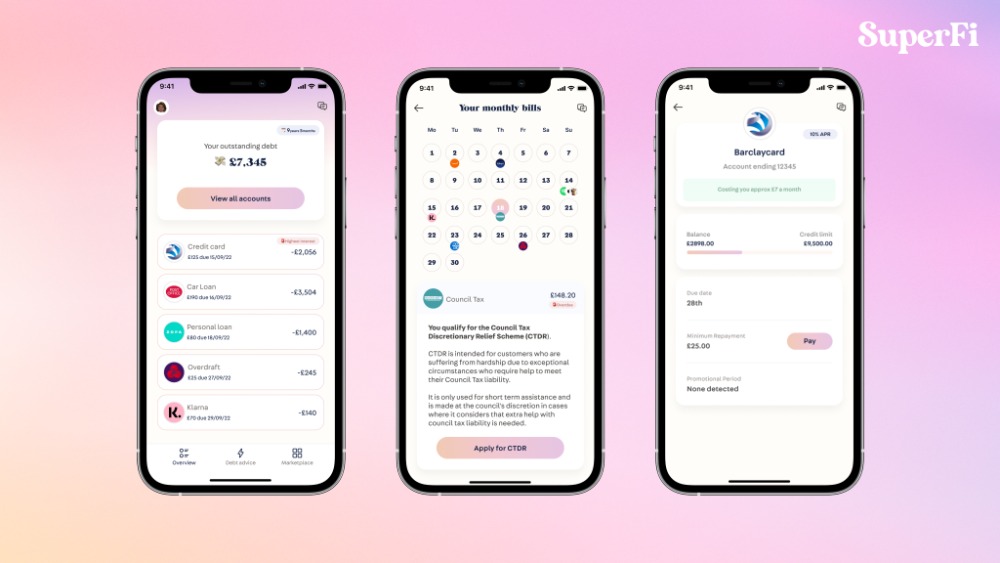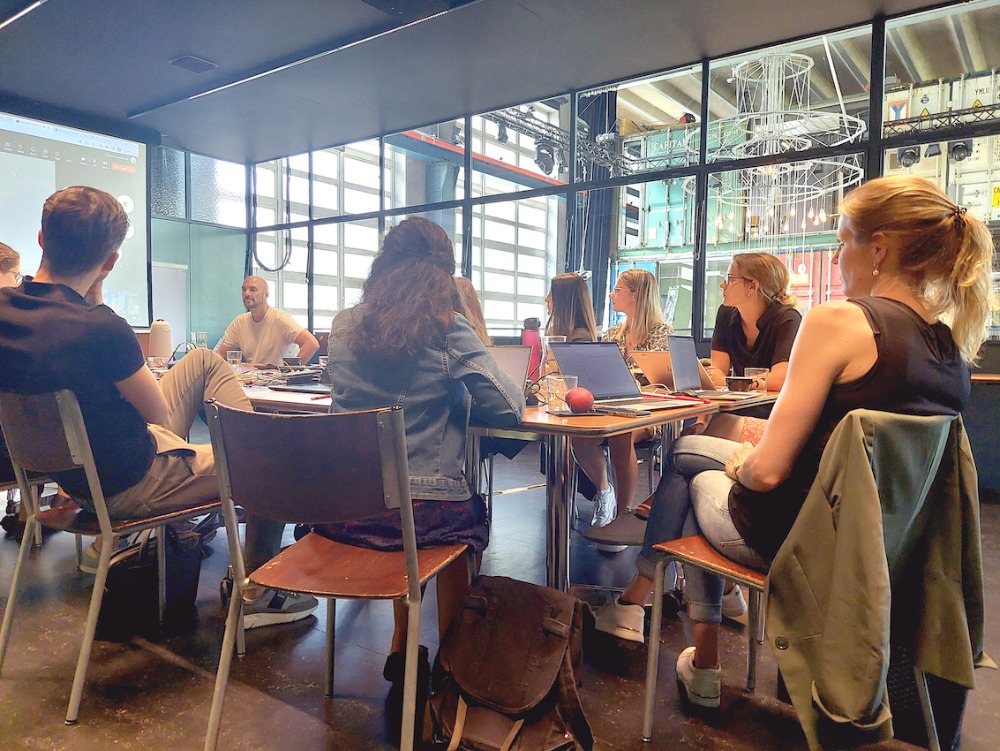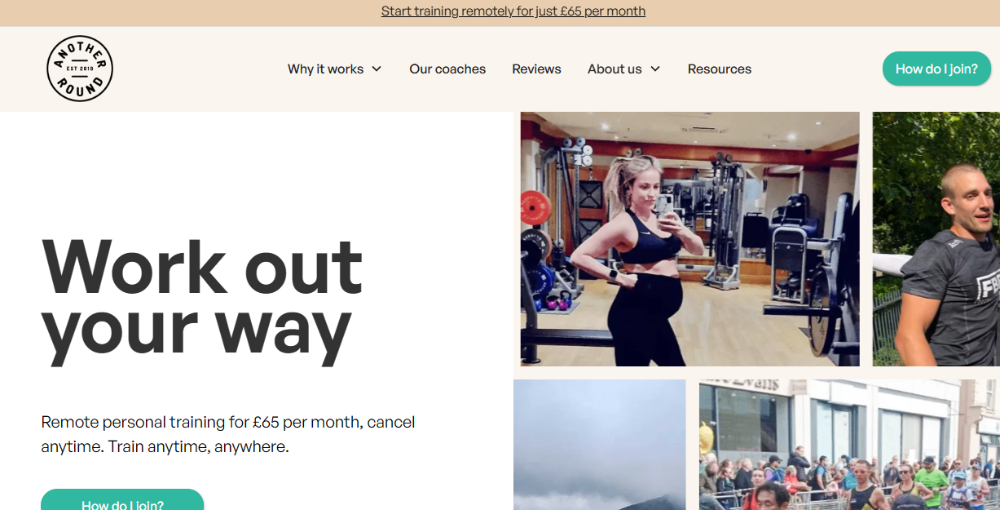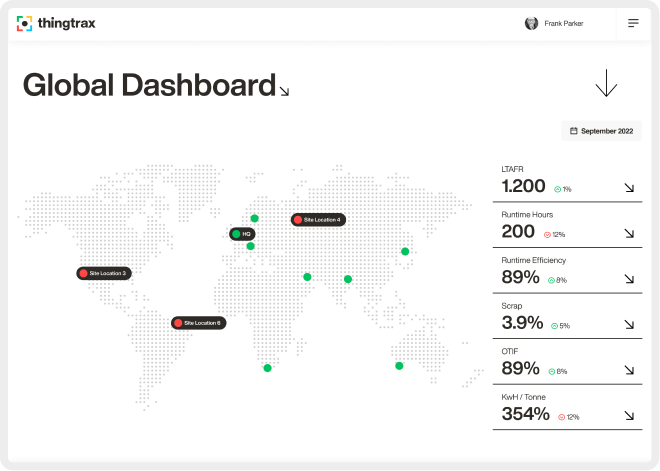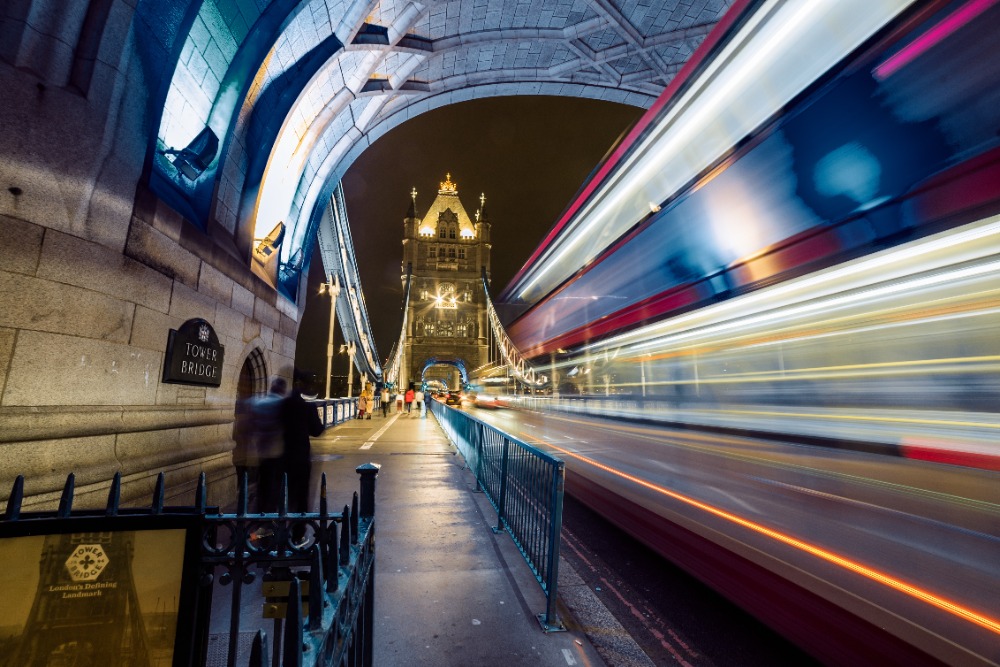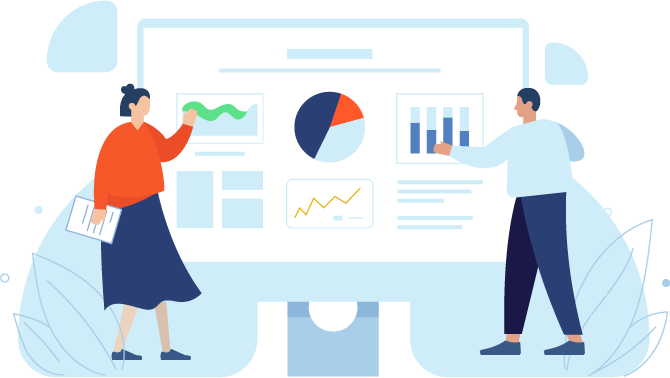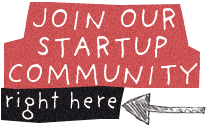Spotting entrepreneurial opportunities in the Green economy

by Startacus Admin
Richard Boothman from Ecoskill starts a series of blog posts on Startacus on spotting entrepreneurial opportunities in the green economy. In his 1st post he highlights what you need to know about the opportunities in the green economy.
This is a good time to be an entrepreneur. There's a real buzz around new business start-ups and some of the best role models are entrepreneurs. But where are the hot spots? Even at the moment when the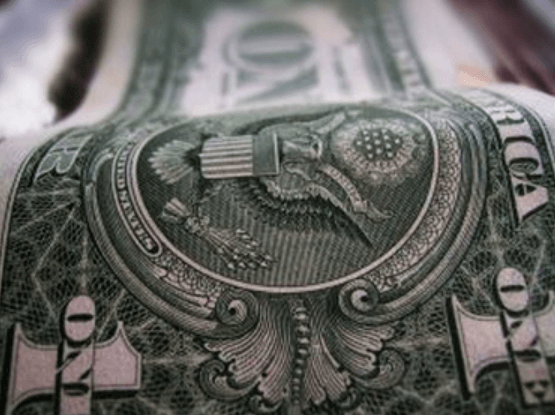 UK economy is generally flat, there are growth areas where exciting innovation is happening. Examples can be found in nanotechnology, biomimicry, the internet and smartphone 'apps'. But the sector that provided the UK with one third of its growth in recent years is the green economy!
UK economy is generally flat, there are growth areas where exciting innovation is happening. Examples can be found in nanotechnology, biomimicry, the internet and smartphone 'apps'. But the sector that provided the UK with one third of its growth in recent years is the green economy!
If it's a good time to be an entrepreneur, it's a great time to be an entrepreneur in the green economy. The green economy is in its early phase of growth and is growing quickly. The rate of growth is forecast to increase so if you join the green economy you'll open yourself up to some amazing opportunities. You'll also have the satisfaction of knowing you're doing 'the right thing', offering customers what they want and at the same time building a business with a great reputation.
Depending on where you're reading this, if you look around, you'll probably see buildings. Inside, the buildings there are chairs, desks, carpets and other furnishings; services for heating, cooling and lighting; and technology such as computers, printers, and controls. Around you, people are dressed in textiles, using their mobile gadgets or working on their computers. Other people are in cars and buses or on trains. Then there's the infrastructure to make all this work, power stations and the electricity, gas and water grids together with the road and rail networks. What resources were used to make all these things, how were they designed, manufactured and distributed? How are they being used and how will they be disposed of at the end of their life?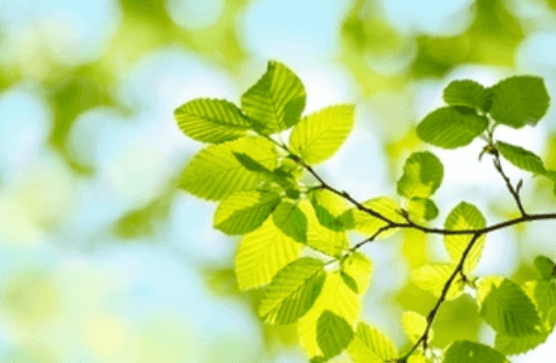 Most of the goods and services we use everyday were conceived in a world where we assumed cheap resources, including fossil fuels, mineral resources and water, would be available for ever. As a result, we gave very little thought to the efficient use of resources and energy in the way goods were manufactured, consumed and disposed of. Coupled with this, businesses didn't accept any responsibility for externalities such as emissions of greenhouse gases and pollution of the air and water because the cost of dealing with these was borne by the wider community and paid for indirectly through taxes.
Most of the goods and services we use everyday were conceived in a world where we assumed cheap resources, including fossil fuels, mineral resources and water, would be available for ever. As a result, we gave very little thought to the efficient use of resources and energy in the way goods were manufactured, consumed and disposed of. Coupled with this, businesses didn't accept any responsibility for externalities such as emissions of greenhouse gases and pollution of the air and water because the cost of dealing with these was borne by the wider community and paid for indirectly through taxes.
Do these assumptions still hold true? According to a report published by WWF in 2006 if the world's population consumed at the rate we do in western Europe, we'd need 3 planets to sustain ourselves. If we all consumed at the rate of the residents of the United States, we'd need 5 planets. China, India, Russia, Brazil, Indonesia and other countries are growing rapidly and an increasing number of their population want and can afford these kinds of lifestyles. This puts additional pressure on access to resources.
We have other challenges. The population of the world is now 7 billion and is estimated to be 9 billion by 2050. Our emissions of greenhouse gases will, potentially, drive the global average temperature up by 2 to 4 degrees centigrade or beyond. Sea level rise will put many of the world's major cities and ports under water and changing weather patterns will affect the distribution of food and water around the globe.
What does this all mean? It means we have to find solutions to these problems. Continuing with business as usual is not an option. It's a dead end, literally. Business has to be part of the solution to avoid global catastrophe and help to drive the transformation of our economy so that it's in balance with the planet. In short, we need to transform to a green economy. But existing businesses have, with a few exceptions, shown themselves unwilling or unable to grasp the opportunities offered by the green economy so the opportunities for new green businesses have never been better.
But what is a green economy? In the next of these blog posts, I'll take a look at what we mean by the green economy and try to identify its components.
Richard is at various times and sometimes simultaneously a businessman, an environmentalist and an Associate Lecturer with the Open University. He is one of the founders of ecoskill (www.ecoskill.co.uk), which provides on-line learning for entrepreneurs and intrapreneurs in the green economy.
If you like what you see here on Startacus, why not become a member of our growing community? It's free! And you'll get all this - exclusive access to our Business Toolkit, discounts and offers galore for your business via our member only business deals, the chance to network and connect with loads of fellow self-starters, and maybe even become our celebrated 'Self-Starter of the Week' and tell the world your startup tale! Join right here for free...
Subscribe to our newsletter
If you would like to receive our startup themed newsletter, full of the latest startup opportunities, events, news, stories, tips and advice, then sign up here. How Manufacturing Businesses Can Reduce Energy Costs
How Manufacturing Businesses Can Reduce Energy CostsGot a business in the manufacturing sector? These tips on how you can reduce energy costs while being more sustainable are well worth a read...
 SureIn Secures €4M to Close the SMB Insurance Gap
SureIn Secures €4M to Close the SMB Insurance GapInnovative InsurTech startup SureIn announces a €4M Seed round to further its mission of making insurance easy, transparent and hassle-free for SMBs.
 How IoT Is Revolutionising Consumers' Daily Lives
How IoT Is Revolutionising Consumers' Daily Lives Nassia Skoulikariti, Director of IoT Programmes, Mobile Ecosystem Forum shares some insights on how IoT is having a significant impact on all our lives.
 How to invest in tech companies with the help of AI
How to invest in tech companies with the help of AIRoger James Hamilton, Founder and CEO of Genius Group, a world-leading entrepreneur Edtech and education group, discusses how introducing a globalized curriculum will help better prepare students.
 SuperFi raises $1M pre-seed funding round
SuperFi raises $1M pre-seed funding roundSuperFi, the debt prevention platform, has announced a $1m pre-seed funding round to support people during the cost of living crisis.
 Startups rely on AI & sustainability for new partnerships
Startups rely on AI & sustainability for new partnerships41 startups from 13 countries, including the UK, have been selected for the 8th Kickstart Innovation program, one of Europe’s leading innovation platforms.
 Another Round closes £300k Seed round to revolutionise personal training
Another Round closes £300k Seed round to revolutionise personal trainingPersonal training platform Another Round has secured £300k in its latest fundraise, including investment from angels and its community.
 Thingtrax Secures £4.3M
Thingtrax Secures £4.3MThingtrax Secures £4.3M to Empower Manufacturers to Build the Factories of the Future
 A measure of inflation relief for small firms
A measure of inflation relief for small firmsA measure of inflation relief for small firms sees transport costs fall but service price increases remain elevated
 A look at HR tech startup HR DataHub
A look at HR tech startup HR DataHubBedfordshire-based HR tech startup HR DataHub has built a range of tools for HR departments
Published on: 10th June 2013
If you would like to enable commenting via your Startacus account, please enable Disqus functionality in your Account Settings.
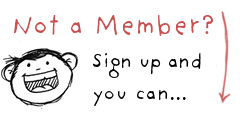






- SureIn Secures €4M to Close the SMB Insurance Gap 15th Aug 2023 Innovative InsurTech startup SureIn announces a €4M Seed round to further its mission of making insurance easy, transparent and hassle-free for SMBs.
- SuperFi raises $1M pre-seed funding round 28th Jul 2023 SuperFi, the debt prevention platform, has announced a $1m pre-seed funding round to support people during the cost of living crisis.
- Startups rely on AI & sustainability for new partnerships 27th Jul 2023 41 startups from 13 countries, including the UK, have been selected for the 8th Kickstart Innovation program, one of Europe’s leading innovation platforms.
- Another Round closes £300k Seed round to revolutionise personal training 21st Jul 2023 Personal training platform Another Round has secured £300k in its latest fundraise, including investment from angels and its community.
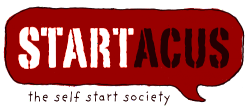





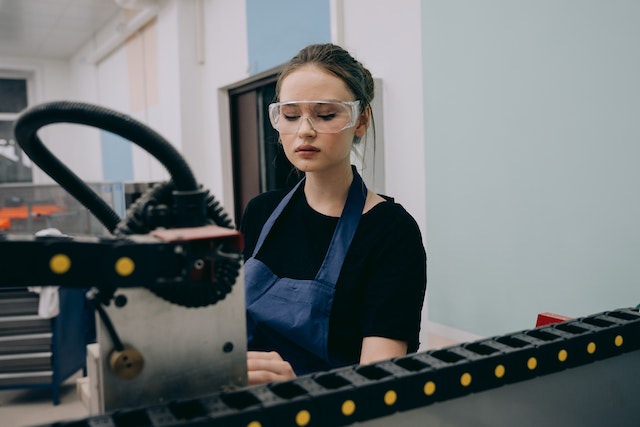
 Daniel Dierkes, David Schara, and Maximilian Geißinger 2.jpeg)
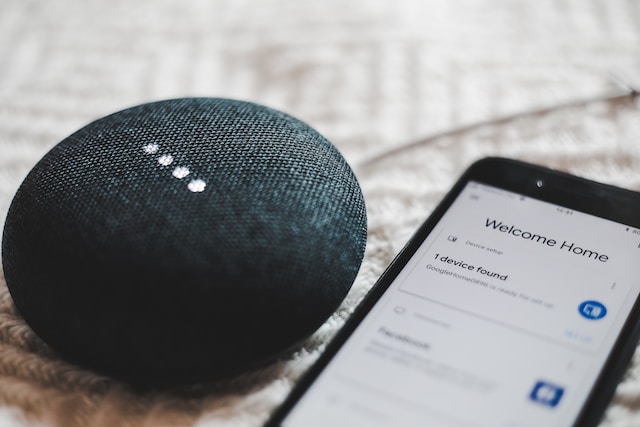
.jpg)
